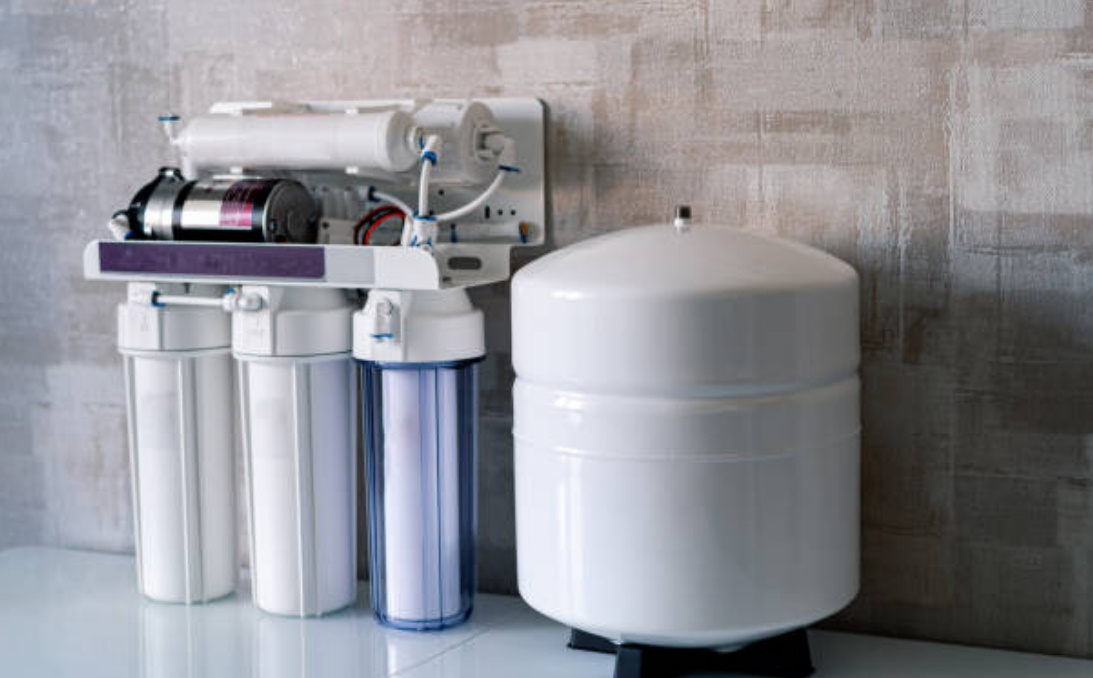How Refrigerator Water Filters Provide Clean and Healthy Water

When it comes to clean drinking water, one of the best ways to ensure access to fresh and pure water is by using a refrigerator water filter. Refrigerator filters are an effective way to reduce contaminants in your drinking water, such as chlorine and other chemical additives used in municipal treatment plants.
Refrigerator water filter provide many benefits for those looking for clean, safe drinking water. Here are just a few of the reasons why you may want to consider investing in a refrigerator filter:
- Reduces Contaminants
A refrigerator filter can reduce up to 99% of impurities in your drinking water, including chlorine, lead, and cysts all of which can be dangerous if ingested over time. In addition, most filters also remove sediment such as rust particles that can make tap water taste bad or even cause discolouration in some cases.
- Cost-Effective Solution
Installing a refrigerator filter is much more cost-effective than buying bottled or filtered pitchers regularly especially if you drink large amounts of tap water each day. Refrigerator filters usually need replacing every 6 months depending on usage and brand; however, this is still cheaper than having to purchase multiple bottles or pitchers on an ongoing basis.
Types of Water Filters for Refrigerators
Water filters in refrigerators are becoming increasingly popular in homes across the country. Not only do they provide clean, filtered water for drinking and cooking, but they also help keep your refrigerator running efficiently. With so many types of water filters available, it can be hard to decide which one is best for your refrigerator. In this article, we’ll discuss the different kinds of water filters for refrigerators and their advantages and disadvantages.
The first type of water filter for refrigerators is a carbon filter. Carbon filters trap impurities like chlorine and lead before they can enter the drinking water supply. The advantage of a carbon filter is that it removes most contaminants from your drinking water while still preserving essential minerals like calcium and magnesium essential to human health. The disadvantage is that it must be replaced every 6 months or so depending on how much use it receives.
The second type of refrigerator water filter is a reverse osmosis system (RO). Reverse osmosis systems operate by forcing contaminated tap water through a semipermeable membrane which traps impurities like lead and arsenic while allowing clean, filtered drinking water to pass through into the fridge’s storage container. The advantage of an RO system is that it produces high-quality drinking water.
Conclusion
In conclusion, refrigerator water filters are a great way to ensure that the water you drink is safe and clean. They can be easily installed and provide clean drinking water without having to buy bottled water. Refrigerator filters are also an economical option since they will save you money over time by eliminating the need for buying bottled water. With all of these benefits, it is easy to see why refrigerator filters are becoming such a popular choice for many households.




